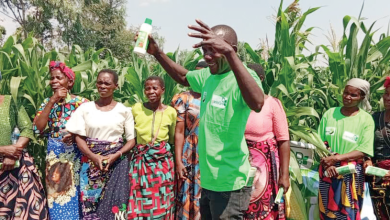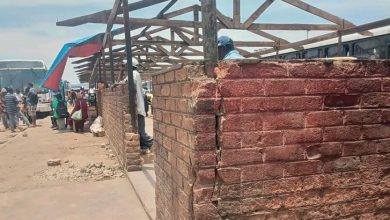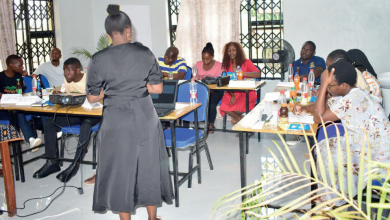Chakwera nods to right to vote elsewhere law
President Lazarus Chakwera yesterday nodded to the fast-track amendment of electoral laws in time for political parties’ representatives and electoral staff to vote away from the centres where they registered.
Malawi Electoral Commission (MEC) chairperson Annabel Mtalimanja announced the signing of the amendments of the two-year-old Presidential, Parliamentary and Local Government Elections Act into law yesterday at the final National Elections Consultative Forum (Necof) in Lilongwe.

The MEC chief had arrived at the all-inclusive elections’ talks at Bingu International Convention Centre with a speech showing that the President had not yet assented to the law reform which compelled him to belatedly reconvene Parliament last month.
However, the soft-spoken High Court judge’s face beamed with a smile, if not relief, when she announced that the law was finally signed, done and dusted, enabling party monitors and MEC staff to vote on September 16.
“This morning, the President assented to the Amended PPLGE Act of August 5 2025,” Mtalimanja announced at the all-inclusive elections’ talks.
During the wait for the President’s signature, MEC proceeded to print form N29—authority to vote elsewhere—listed staff need to fill to cast the ballots away from the centres where they registered.
The forms have already arrived in the country, a testimony to what Mtalimanja touted as a sign of preparedness to ensure everyone exercises their right to vote.
But the new amendment risks disenfranchising mobile workers, including civil servants, students and journalists on election-related duties.
Campaigners say the longest-serving lawmakers, who had an emergency meeting outside their term, lost an opportunity to protect mobile workers’ right to vote.
Media Institute of Southern Africa Malawi chapter chairperson Golden Matonga said journalists are deployed to different constituencies and polling stations during elections and require special recognition to cover and report on the electoral process to keep Malawians informed.
The new law also disenfranchises excluded public servants, including Independent Complaints Commission (ICC) staff deployed to monitor how police officers serve civilians in polling centres, according to ICC chief legal officer Nicely Msowoya at the Necof.
However, Mtalimanja said the law, enacted in 2023, reserves the polling day a public holiday and requires all employers to take administrative measures for employees to vote before heading for elections-related chores.
About 30 000 students may not vote due to the narrow scope of the new law, The Nation reported recently.
The House amended Section 74 of the Presidential, Parliamentary and Local Government Elections Act of 2023 which was limiting voters to vote where they registered or where they were transferred “in accordance with” the Act.





